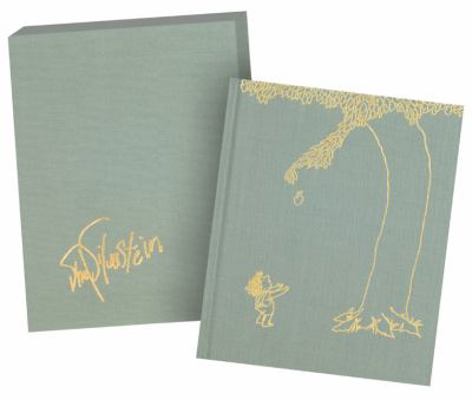My Doctor and Me ABC
Select Format
Select Condition 
Book Overview
Customer Reviews
Rated 5 starsA Hero of Our Time
While out travelling, the narrator - who we can assume is either Lermontov himself, or a fictionalised version thereof - meets an old soldier, Maxim, who is more than happy to share a tale or three of his life. 'Lermontov' is an appreciative listener, taking notes and jotting down places and names. This is why he is travelling, this is why he talks to people: For their stories, theirs lives, their experiences that you 'cannot...
0Report
Rated 5 starsWicked Irony: An Anti-Hero for All Time
This was Lermontov's only novel, published a year before his death in a duel at the age of 27. Although it was written in the late 1830s, it is strikingly modern both in its structure and in its treatment of the hero. In structure, the book consists of a collection of short stories and novellas rather than a single narrative. These stories, however, are linked in two ways. Firstly, all feature the same protagonist, Grigoriy...
0Report
Rated 5 starsThis is a 21st century work, but written in 19th century!
This is one of the best Russian novels. It tells the story of a 19h century aristocrat who is bored with his life. The arrangement of the chapters itself is very interesting. In the first chapter we listen about the hero from his ex-boss. We actually meet him in the second chapter. The next three chapters are the extracts from his diary. The striking feature of the hero is that he only gives pain and problems to others...
0Report
Rated 5 starsA great depiction of a demonistic creature. It is excellent!
As I read the beginning of A Hero of Our Time, I became bored with his descriptions of modern settings, and a man on a journey. However, I was fortunate enough to have the good sense of reading further. The characters bacame more scandulous, and the plots thickened to an eventual overtaking of themselves. This book brought insight into my life, and hope that I was not the only person that has dreaded the society and some...
0Report





















